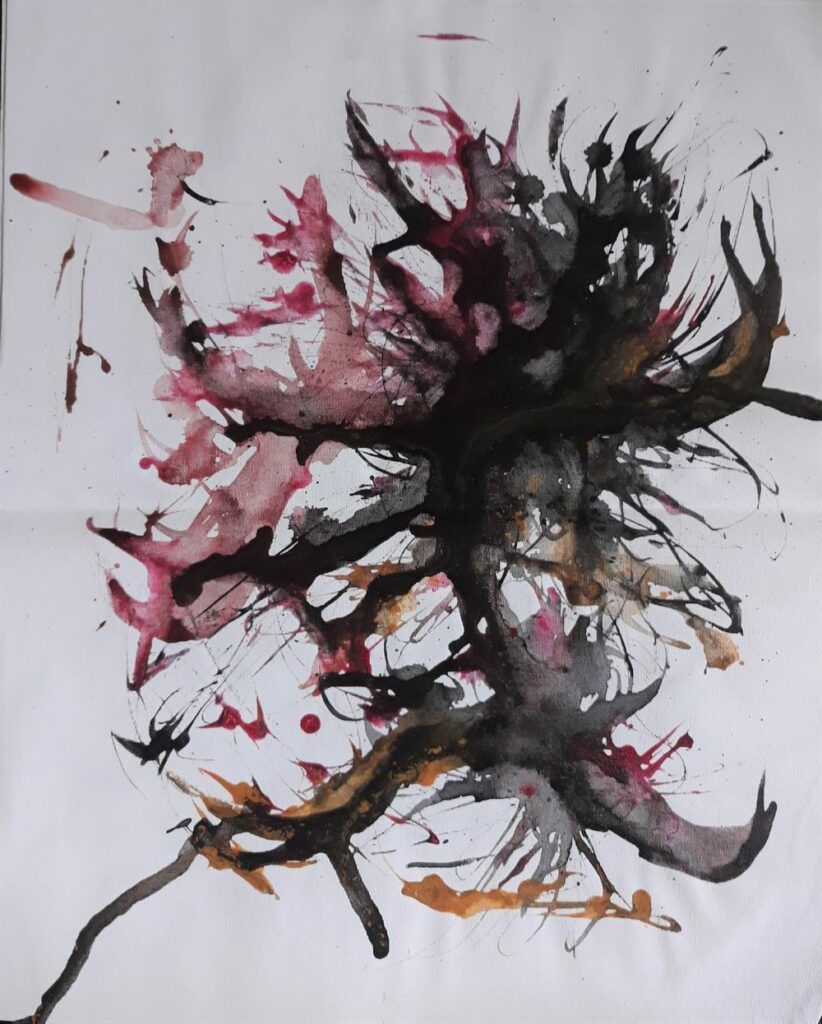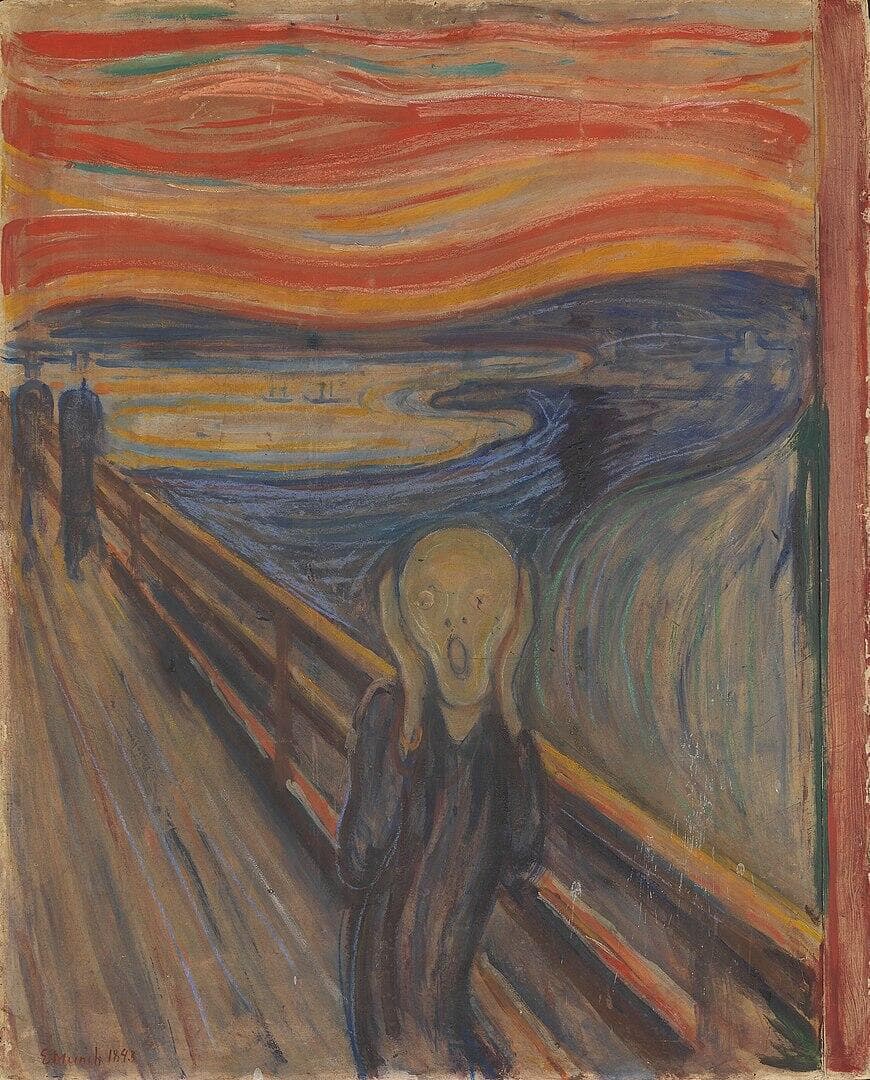Looking back on my path, I can see that the only time I have made progress is facing the fears and beliefs that have held me back.
It’s not easy, indeed the most challenging thing you can do. Many things cause my anxiety and depression, but low self-esteem and self-worth are one. I listened far too much to the opinions of others; I needed their approval, and I’m afraid of confrontation.
I imagine my fear like a black sticky substance, hard to move, unpleasant to taste, or like a flood of cold water as I become cold when I’m afraid. I have a very visceral reaction to fear.

To make progress, I had to face such feelings and what caused them. Sometimes you have to suffer a little more to eventually suffer less.
A good example is exposure therapy for phobias. The method is to expose the sufferer to small amounts of fear via the fear causing the situation, snakes, height etc., to get the suffer to experience the fear.
After enough small exposures, the fear is reduced as the individual realises the negative results are not forthcoming. It leads to a psychological realisation as the subconscious reaction is retrained to be less debilitating.
Another example is more straightforward, a surgeon cutting into a body, causing harm with the aim to heal.
(You might call it a Healing crisis or the Herxheimer Effect. Feeling worse before you feel better.)
To fix suffering, it’s necessary to face it and study it, seek its causes, understand, if possible, why, how and where. Buddhist are very big on this.
‘Solve the problem at the source, and the rest will fix itself.’
I was unaware of how afraid and needy I was until my fear and depression became so bad I couldn’t avoid seeing it.
Like addiction, sometimes you have to rock bottom to see how much we suffer. Face the fact that to make progress on a project or goals; you will have to address the fears holding you back.
Such a task is never easy as you have to feel fear to resolve it.
‘And then the day came, when the risk to remain tight in a bud was more painful than the risk it took to blossom.’
from the Anais Nin poem, ‘Risk’.
Suffering arises, the Buddhists say, through ignorance (Avidyā in Sanskrit). Unaware of when we suffer and why.
People are usually not aware of their hangups and insecurities. We can ignore the suffering or numb ourselves because we have ways to avoid the pain.
Consider the first Noble truth and the parable of Kisa Gotami and the Mustard Seed.
Kisa Gotami, stricken with grief after losing her child, asked the Buddha to help her.
The Buddha told her that he could bring the child back to life only if she would bring back mustard seeds from a family where no one had died
She went from house to house, but to her disappointment, she couldn’t find a home that had not suffered the death.
The realisation struck her that there is no house free of suffering and death. She eventually became an awakened one, or Arhat.
Accepting the First Noble Truth can paradoxically reduce suffering, even without the other Truths. Once you accept suffering is part of life, our resistance to life, reality becomes acceptance, and our suffering diminishes a little.
It’s why we procrastinate on the projects we have in life because we are trying to avoid the suffering of difficulty—as if we are ‘resisting the resistance’ on the path. We don’t want the path ahead to be difficult, like getting healthy, because that involves exercise, so we avoid it. For me, writing and art can be a struggle, so I procrastinate.
However, once we accept the suffering part of the task/mission, rolling up our sleeves, we welcome the challenge the pain and get on with it. We are buying into our fate, even going so far as to enjoy the struggle. Just like Nietzsche’s sentiment of Amor Fati, ‘Love your fate’, I call it Passionate Entanglement.
Again, the way out of suffering is the way through.
Samsara and Nirvana are not separate things, we might think. They’re linked; one contrasts the other; you can’t have one without the other.
‘Feel the fear and do it anyway.’
Susan Jeffers
Seeing and accepting suffering alone can make the whole journey a lot easier.
The path of growth happiness requires some sacrifice, heartache, pain and persistence. Accepting this truth makes the way ahead seem a little clearer.
It can be seen through the metaphor of a battle or struggle. In this case, have the sentiment that once you’re committed, ‘Bring it on!’ Feel the doubt, the fear.
Alternatively, we can look through the lens of acceptance and compassion to find inner peace and harmony. Here the sentiment is, ‘it’s okay to feel afraid, so keep going.‘
To find peace and happiness, we need to know how we suffer and why. To know ourselves is to face the fears we have.

